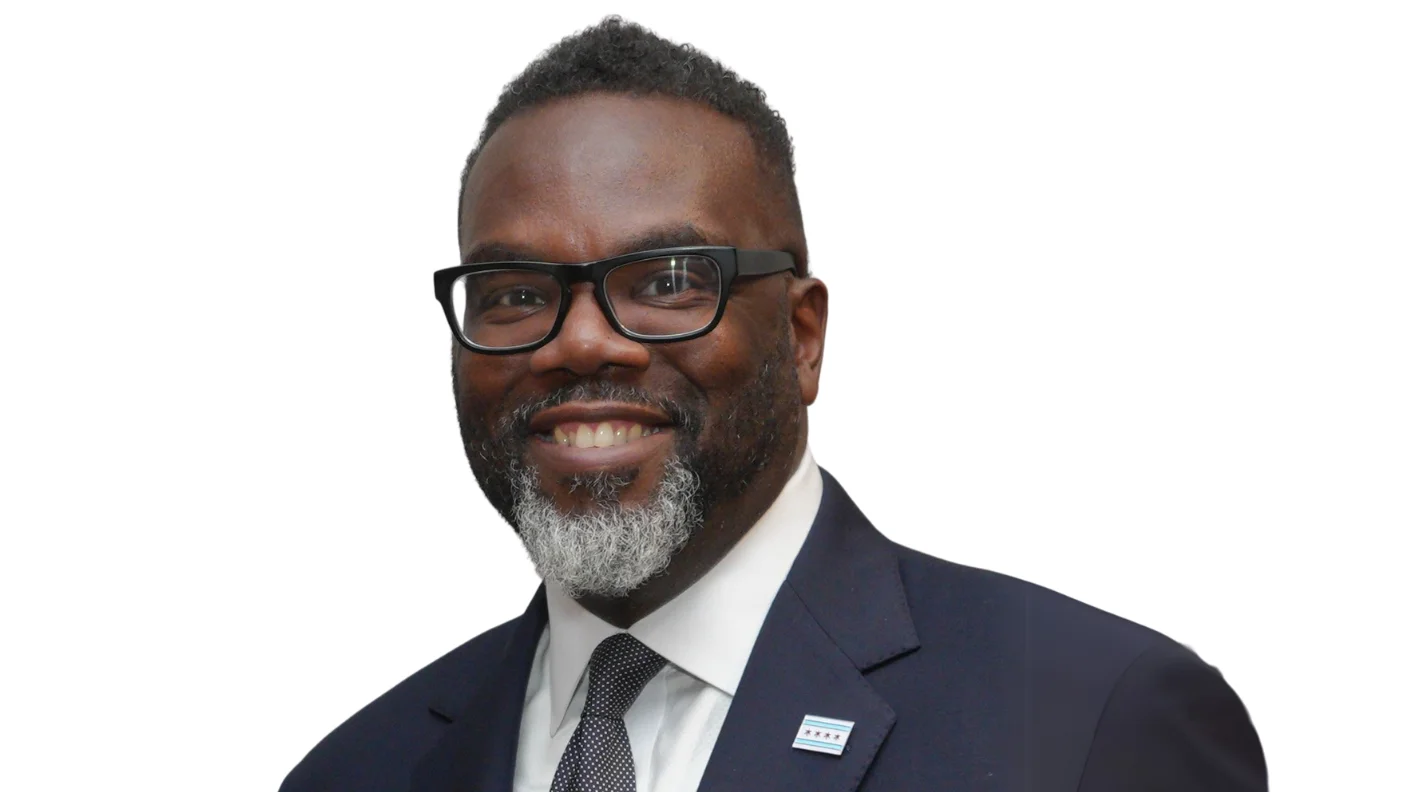Brandon Johnson Mayor | Chicago Contrarian
Brandon Johnson Mayor | Chicago Contrarian
The City of Chicago and the State of Illinois are in a significant dispute with the federal government over immigration enforcement, escalating tensions that have led to the deployment of the National Guard in the Chicago area. The move aims to protect federal agents amid confrontations with local and state officials.
Chicago's status as a "sanctuary city" has evolved from symbolic policy to what some describe as a constitutional crisis. Federal law enforcement has faced resistance, and there are allegations of obstruction of justice. The mayor of Chicago reportedly suggested that the Chicago Police Department (CPD) should arrest federal officers if they are perceived to violate city laws while enforcing federal statutes. This suggestion appears to challenge the constitutional principle of preemption, which establishes that federal law supersedes conflicting state or local regulations.
Concerns have also been raised about public safety and cooperation between city authorities and federal agencies. According to critics, there have been instances where CPD allegedly refused to assist federal law enforcement during emergencies. Additionally, statements attributed to the mayor characterize law enforcement as problematic: “…law enforcement is a sickness that has not led to safe communities…It’s a sickness and we’re gonna eradicate it.”
Some observers believe these actions are undermining democracy rather than preserving it, claiming political motivations are driving the confrontation with federal authorities. The current standoff has drawn comparisons to historical moments of rebellion against federal authority in U.S. history.
There is criticism directed at both Governor JB Pritzker and Mayor Brandon Johnson for their handling of city finances and public safety issues, including disputes over pension reform and infrastructure projects such as the Red Line Extension.
Community members have voiced strong opinions on social media regarding crime rates in Chicago, leadership approval ratings, and the city's approach to immigration policy. Some suggest that cooperation with federal immigration authorities through agreements like 287(g) could address concerns about criminal activity by non-citizens but claim local leaders refuse this option.
Legal experts have noted that the Supreme Court may ultimately decide how far states and cities can go in resisting federal immigration enforcement. Meanwhile, residents report increased security measures in their neighborhoods due to concerns about crime.
The ongoing conflict highlights broader debates over sanctuary policies, law enforcement cooperation with federal agencies, and the limits of state versus federal power.






 Alerts Sign-up
Alerts Sign-up